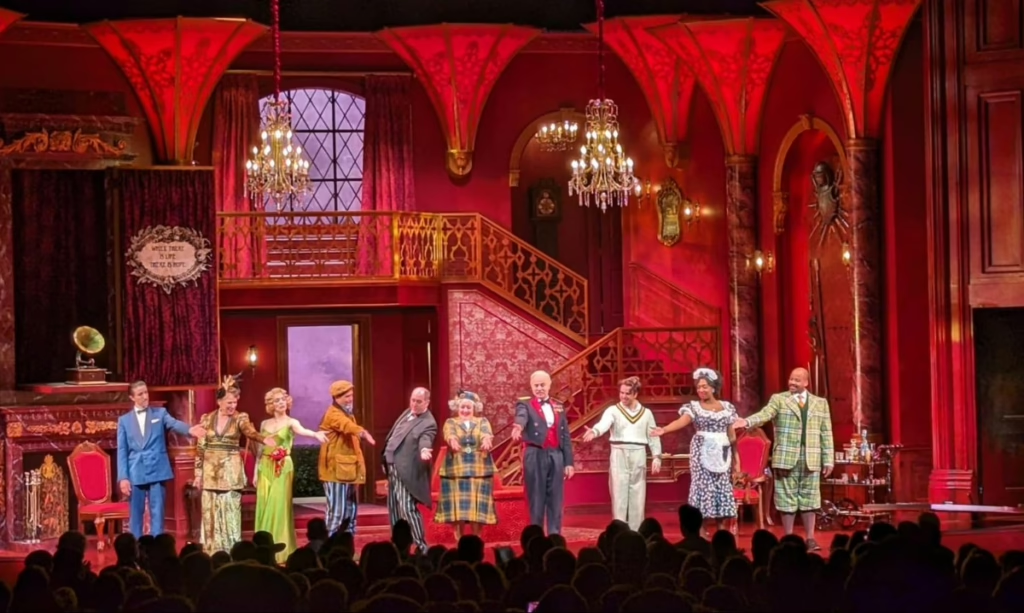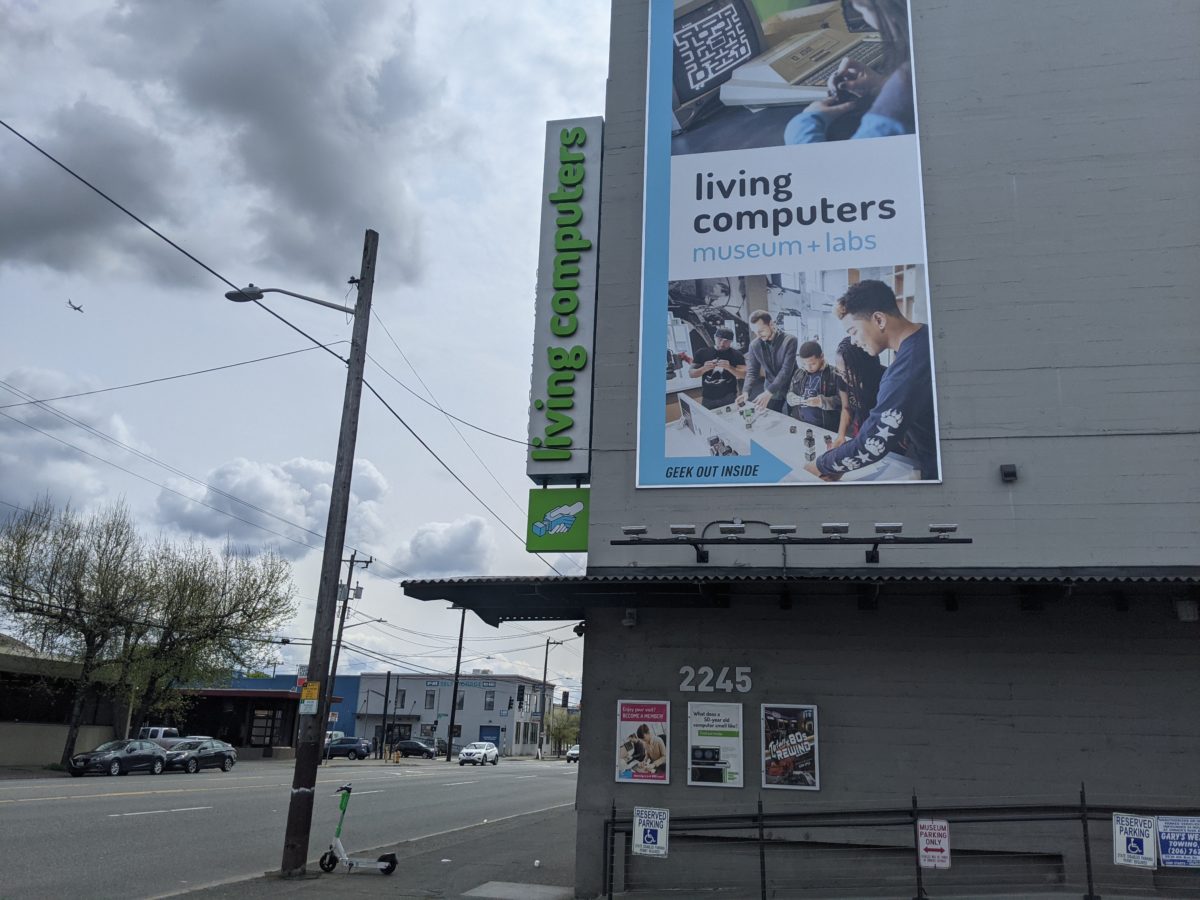Op-Ed: Why theater?
Seattle is known for a variety of things, including its numerous names – “Emerald City,” “Rain City,” its weather, its coffee, and its IT hubs. But one thing that is often overlooked is the city’s platform for performing arts. Specifically, theater.
“Theater is a form of knowledge; it should and can also be a means of transforming society.”
– Constantin Stanislavski

Theater reflects, critiques, and challenges society in various ways, often by exploring themes, characters, and situations that resonate with contemporary issues and concerns. It provides knowledge that one could never receive from any other source. Each source is partial to its origin, but plays and theater are the only means that will provide you with knowledge as it is, without a point of view. That’s why many believe theater to be the best form of knowledge, as it mirrors our society and attempts to change it, not by forcing ideas on us but blatantly leaving the truth in front of our eyes so that we can decide what is right and wrong.
Theatre has ancient origins, rooted in the rituals, ceremonies, and storytelling traditions of early human societies. From these early beginnings, theater has continued to evolve and adapt to changing societies, remaining a vibrant and essential form of artistic expression, communication of information, and entertainment around the world. For example, being Indian I know that when India was under the rule of the British, there were a lot of restrictions, and the oppressed had no means of communication with one another that wasn’t monitored. Playwrights then used theater as a medium to critique colonial oppression, advocate for social reform, and promote nationalist sentiments. Rabindranath Tagore‘s plays: “Chitra” and “Raktakarabi” are examples of works that engaged with nationalist themes. All plays have a deeper meaning to them. Theatre is a means of expression, communication and so much more.
Northrop Frye was a philosopher who understood plays and indulged in the true meaning of theater, specifically, comedies. In defining the most important elements of comedy, literary critic Frye writes that the genre “often includes a scapegoat ritual of expulsion.” The scapegoat is “an irreconcilable character,” and so, in comedy, the scapegoat’s banishment leads generally to a happy ending for the rest of the play, as they are free to embrace themselves wholly, dialectically separated from their antithesis. Yet, this purging is not always pure. Frye writes that “exposure and disgrace make for pathos or even tragedy.”

To quote Michelle Douma, a Drama teacher at Seattle Central College, “Go watch plays! Because one day they’re there, and the next they’re not.” Plays are a story unfolding in front of our eyes, a movie we witness live, and sometimes even a story based on your decisions (Theater of Oppression); believe it or not, in this type of theater, the audience controls how the story goes. Plays are often more affordable than movie tickets and more enjoyable, one might argue, and the audience gets to meet a variety of people, both on and off-stage. The people who organize plays are extremely kind and understanding, all they want is for people to come and appreciate this beautiful piece of art. Going to a play is like watching a movie with 3-D glasses in places like the Seattle Public Theater; the audience is so close to the set and actors that it almost feels like they are a part of the story.
Through plays like Love and Information (Central’s Annual Spring play)and of course, numerous Shakespeare numbers, we witness the multifaceted ways in which theater serves as a mirror to society’s triumphs, struggles, and injustices. We also understand how plays attempt to change society simply through the means of telling a story. These plays tackle various issues – from perfectionism to discrimination, and even though vastly different from one another, plays and theater have one aim: transforming society. I couldn’t agree more with Konstantin Stanislavski when he said “Theater is a form of knowledge; it should and can also be a means of transforming society,” as we provide or gain knowledge solely to experience change in one way or another.
To sum up, plays are a very underrated form of performing arts, but are beautiful experiences everyone must witness. Quoting Michelle Douma once again, “Go watch plays!” Only then will you realize how beautiful and amazing the world of performing arts is.

Vrindha, an international student from India, is fueled by her fervent love for diverse art forms such as dance, drama, music and theatre. Eager to immerse herself in new experiences and broaden her horizons, she sees her involvement with the Collegian as a gateway to both sharing her passions and delving into new realms of knowledge.







